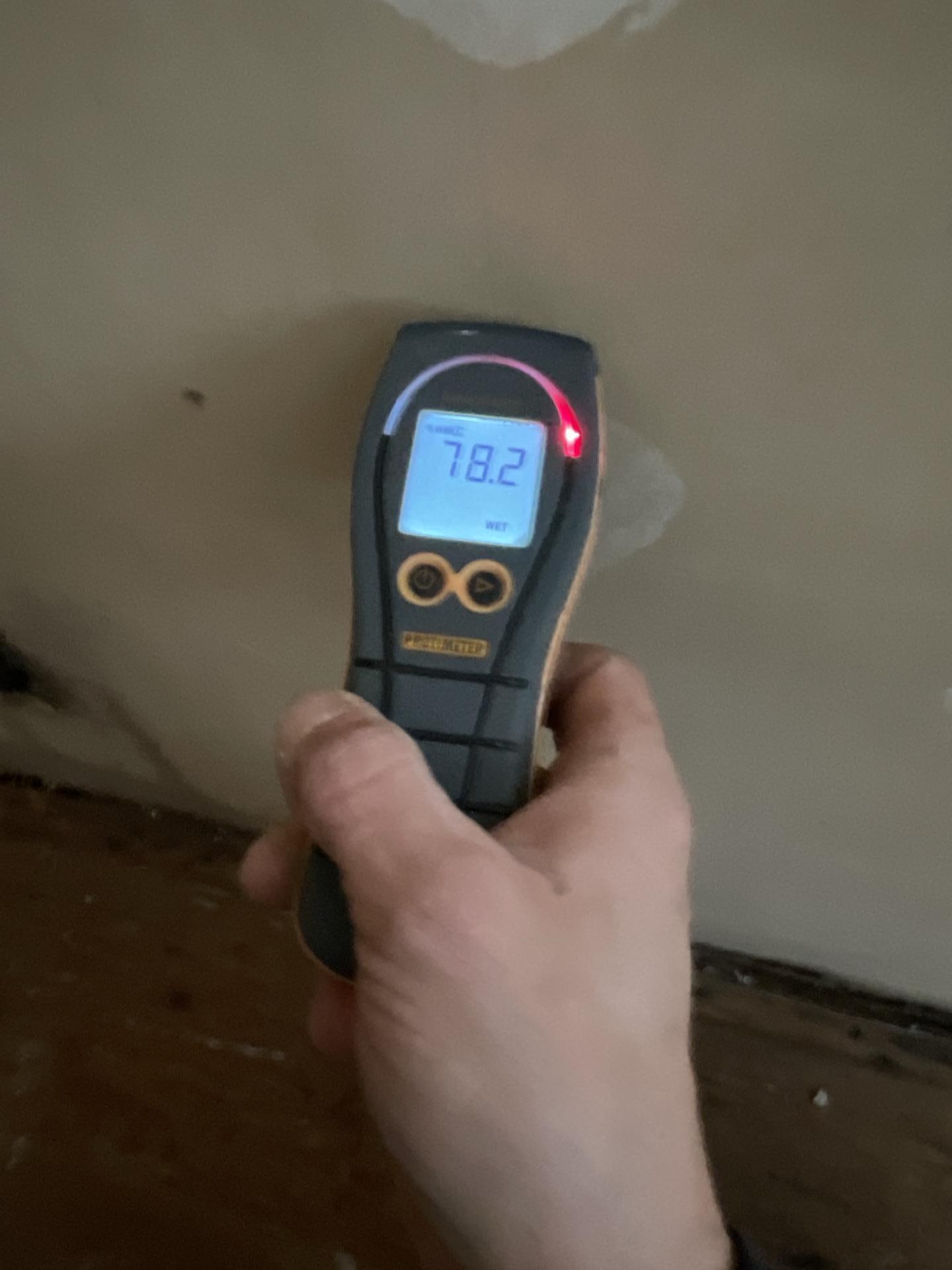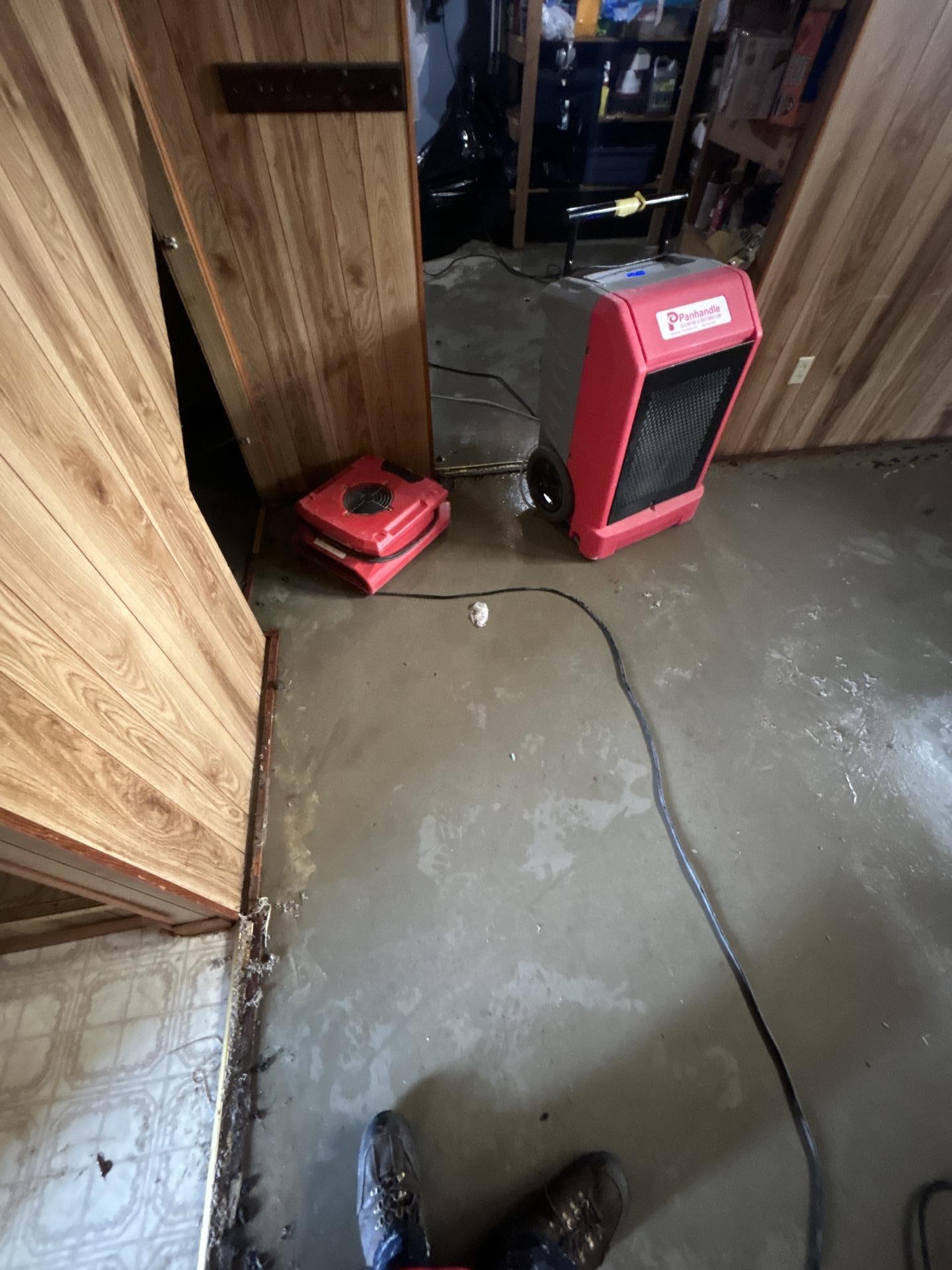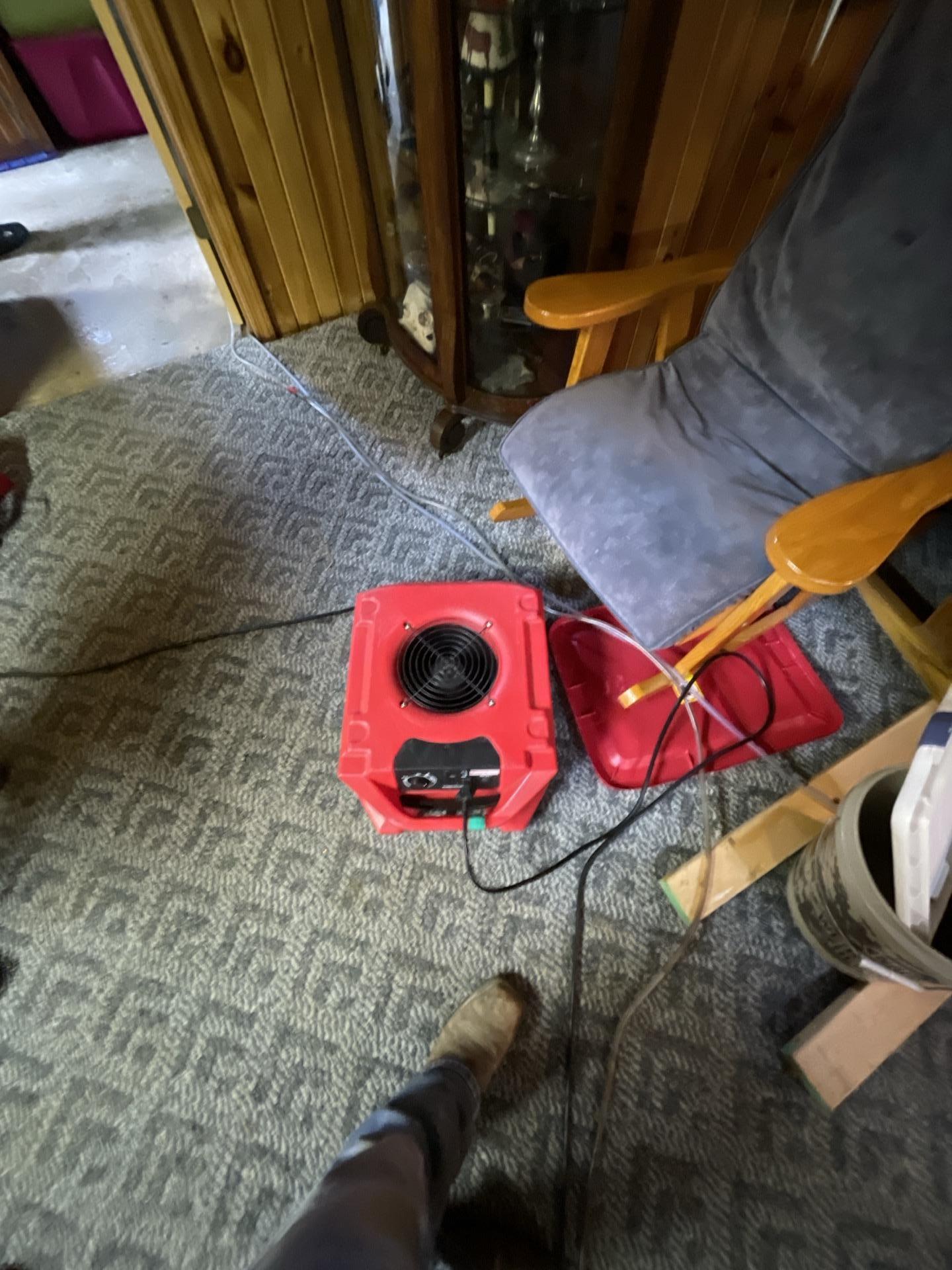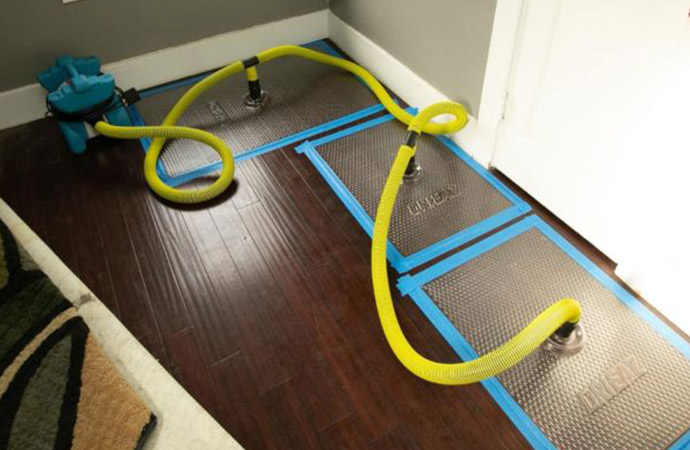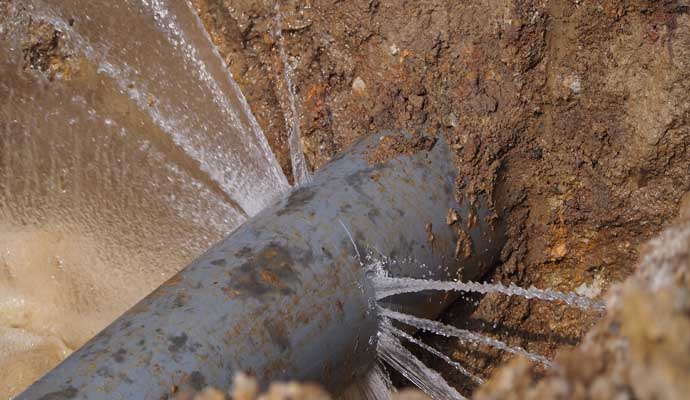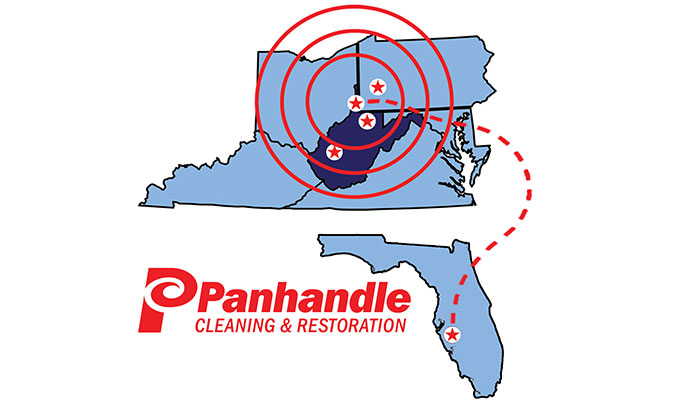Why Pipes Burst at Your Home
Pipe bursts happen when the water in your pipes freezes. For this reason, they are most common overnight, when temperatures tend to drop to their lowest and when you’re less likely to be using your plumbing system.
As the water freezes, it begins to create pressure against the inner lining of your pipe. Eventually, the pressure can cause the pipe to burst and water to come spilling out once temperatures are slightly warmer. When that happens, you’ll need the help of your water extraction professionals.
However, you can often avoid the problem by following these precautions once temperatures start to drop:
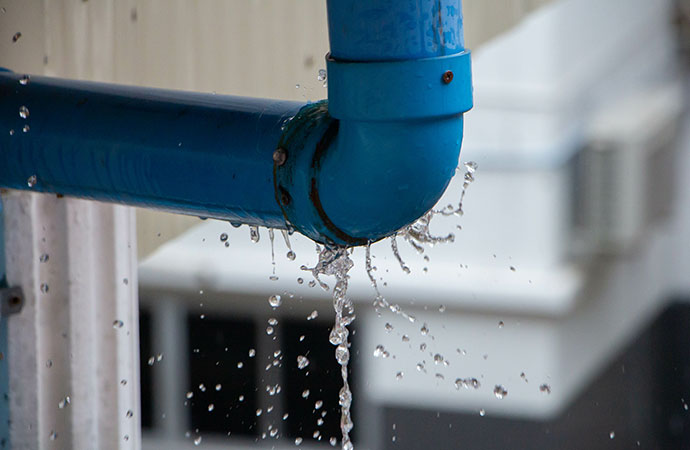
- Insulate your pipes. If the pipes run along an outside wall—or through an uninsulated area of your home, such as an attic, crawl space, or garage—be sure to have them properly insulated. This may involve adding insulation to the walls, or it may mean applying heat tape to the pipes themselves.
- Keep water on at a slow but steady drip at night. Water freezes faster when it’s still, so maintaining even a slight flow will help prevent freezing.
- Try to warm up pipes in colder areas of your home. If pipes are exposed beneath a sink, open the cabinet doors so that the warmer air in the rest of your house can flow in. If they’re in a room that gets particularly cold at night, consider investing in a space heater. If there’s a room that always seems cold or drafty, check the areas around windows for leaks or cracks.
- Disconnect garden hoses from outside faucets. Outdoor pipes and faucets are completely exposed to temperature changes, so it’s important to get the water drained out of them before winter.
- Consider turning up the thermostat on cold nights. Though it may seem a waste to turn the heat up even when you’re in your warm bed, keeping your house slightly warmer can help ensure that the water in your pipes doesn’t freeze.
Following these tips can help save you the stress and expense of a burst pipe.
When Burst Pipe Precautions Are Not Enough, We Offer Restoration
Frozen pipes are stressful, but they’re not the end of the world. If your home has flooded because of a burst pipe, call our disaster cleanup experts at Panhandle Cleaning & Restoration! To get started, call us at 866-515-2364 or click here.
Why Choose Panhandle Cleaning & Restoration?

